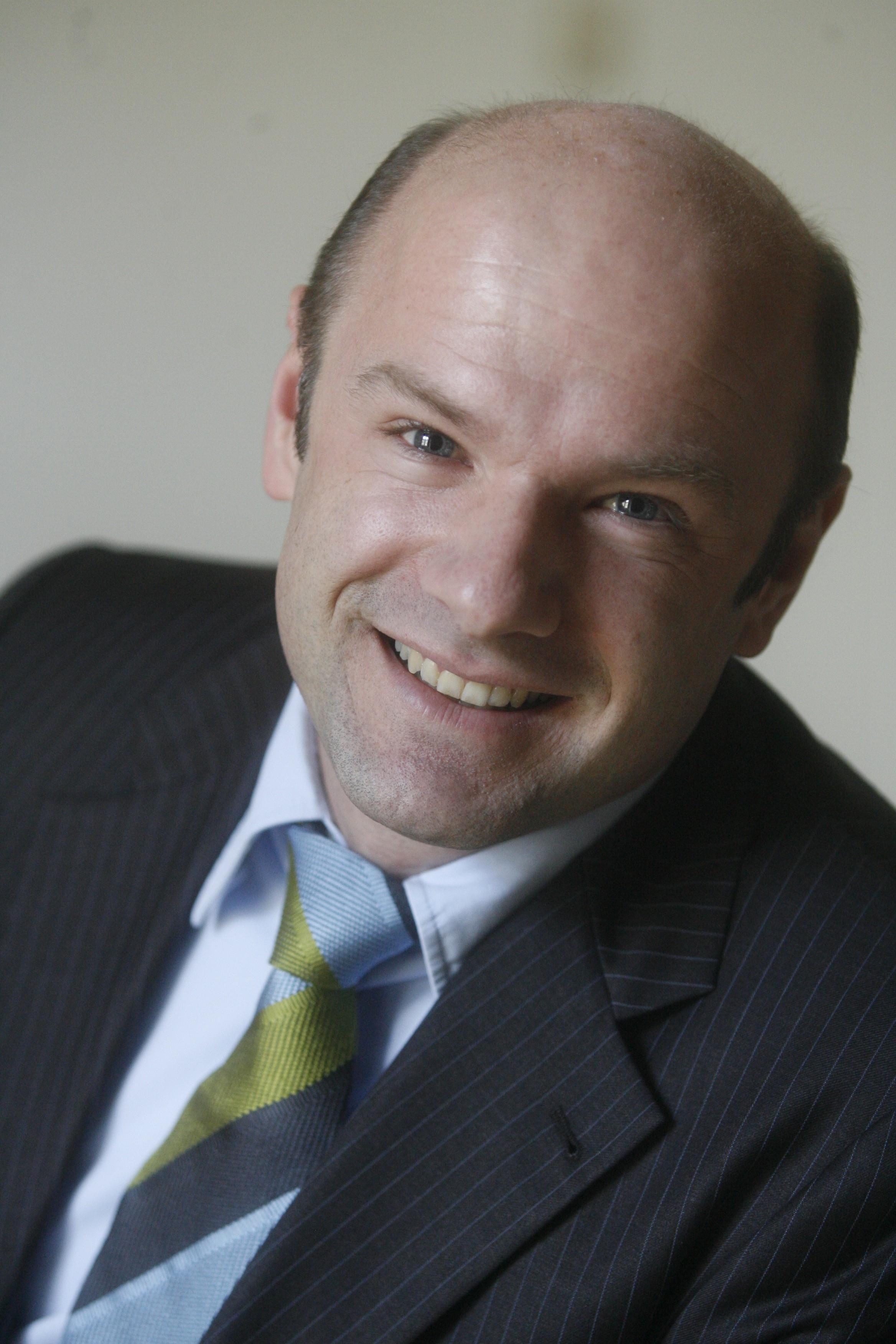On 1 December 2010, Alexander Buck assumed the position of Executive Director of IUFRO. IUFRO President, Professor Niels Elers Koch, Director General of the Danish Centre for Forest, Landscape and Planning, states in this context, “We short-listed five strong candidates from different countries for the position as IUFRO’s new Executive Director. The Selection Committee and the IUFRO Board unanimously agreed that Alexander Buck was the best person for this position.” The following interview will show what Alexander Buck envisages for IUFRO.
Q: The International Union of Forest Research Organizations understands itself as “the” global network for forest science cooperation. What does it take in your opinion to make this network even more active and stronger in the future?
B: IUFRO brings together research organizations, universities and individual scientists as well as decision makers and other stakeholders with an interest in forests and trees. This unique membership pool ensures excellent networking opportunities across borders and disciplines. However, to make sure that scientists can really benefit from these opportunities, it is crucial for IUFRO to understand and adequately respond to their needs and interests as well as to ensure the participation of colleagues from truly all parts of the world. Communication is of key importance in this context and therefore I am strongly committed to communicate closely with all our members and officeholders to help them achieve their research missions more efficiently.
Q: What are in your view the main topics that IUFRO needs to address in the coming years?
B: Given the dramatic global changes that affect forests and people and the rising demand for natural resources, the need for a global platform such as IUFRO that provides coordinated scientific responses to many of these pressing problems has never been stronger. Against this background, IUFRO has now, in a concerted effort, identified six major themes that are high on the political agenda. These themes are: Forests for People; Climate Change; Forest Biodiversity Conservation; Bio-energy; Forest and Water Interactions; Resources for the Future. The IUFRO Strategy 2010-2014 “Reading the pulse of forest science for the benefit of forests and people” elaborates on these research goals that are broad enough to allow all IUFRO Units to find their thematic entry points and identify opportunities for cross-disciplinary collaboration. In February 2011, the IUFRO Enlarged Board will gather in Vienna, Austria, to discuss topics of particular relevance within each theme with invited specialists and identify concrete actions for implementation. For example, such actions could be inter-Divisional conferences, state-of-knowledge reports, or the development of educational material.
Q: What can IUFRO do to increase the visibility of science-based research findings and, especially, their impact at the science-policy interface?
B: Over the past years, IUFRO has made great progress in strengthening work at the science-policy interface. Especially, our thematic activities in the Collaborative Partnership on Forests have firmly placed IUFRO on the map of policy and decision makers. The six research themes that will guide our collaborative work will make sure that we can continue on this successful path. As UN Secretary General Ban Ki-moon stated in his message to the XXIII IUFRO World Congress held this year, IUFRO has created a ‘valuable community of international scientists to advance policy and practices that preserve forests.’ It is the role of IUFRO Headquarters to make policy makers, practitioners and stakeholders even more aware of the work of this community. For this purpose, professional communication is pivotal. Therefore, I am strongly committed to increasing the capacity of IUFRO HQ in terms of communication and technology.
Q: Four years from now there will be the next IUFRO World Congress in Salt Lake City, USA. What goals would you like to have reached by 2014 in IUFRO?
B: When I applied for the position of Executive Director, I presented my vision of IUFRO. It is that of an even more active global network in which the best scientists from a diverse range of disciplines engage to provide scientific information required for solving key forest problems of the present and the future. I would like to see IUFRO reach out even more strongly to scientists from forest-related disciplines such as agricultural research, environmental economics, political science, and even medical science. Of course, the IUFRO HQ team and I are strongly committed to consolidating and systematically enhancing the level and quality of support to our members and officeholders so that by 2014 IUFRO will have made a major leap forward towards realizing this vision, expressed in an increased and more diverse membership of IUFRO, and the delivery of key scientific outputs on all six themes of the Strategy.
—
The interview was published in IUFRO News 11&12/2011 at http://www.iufro.org/publications/news/electronic-news/io-news-1011-12/.


Leave a Reply